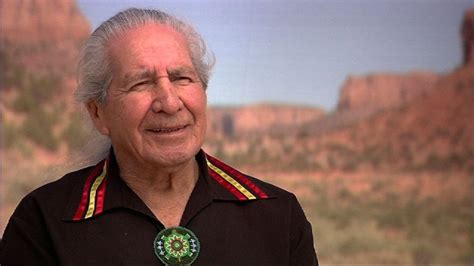A Quote by Plato
I really do not know, Socrates, how to express what I mean. For somehow or other our arguments, on whatever ground we rest them, seem to turn round and walk away from us.
Related Quotes
Socrates: Have you noticed on our journey how often the citizens of this new land remind each other it is a free country? Plato: I have, and think it odd they do this.Socrates: How so, Plato?Plato: It is like reminding a baker he is a baker, or a sculptor he is asculptor.Socrates: You mean to say if someone is convinced of their trade, they haveno need to be reminded.Plato: That is correct.Socrates: I agree. If these citizens were convinced of their freedom, they would not need reminders.
You hear a lot of people, they turn 40 and it really bugs them and they get depressed or whatever. I don't know - I just don't feel that way. I feel 19 years old all the time. I mean, it's not a lie. I could easily say, God, I feel 70. Or maybe I seem like I'm 70 or 200 or something to other people, I don't know. My brain feels 19 all the time. And that's a good spot.
Do you mean to say," asked Caspian, "that you three come from a round world (round like a ball) and you've never told me! It's really too bad for you. Because we have fairy-tales in which there are round worlds and I have always loved them … Have you ever been to the parts where people walk about upside-down?" Edmund shook his head. "And it isn't like that," he added. "There's nothing particularly exciting about a round world when you're there.
Socrates: So even our walks are dangerous here. But you seem to have avoided the most dangerous thing of all. Bertha: What's that? Socrates: Philosophy. Bertha: Oh, we have philosophers here. Socrates: Where are they? Bertha: In the philosophy department. Socrates: Philosophy is not department. Bertha: Well, we have philosophers. Socrates: Are they dangerous? Bertha: Of course not. Socrates: Then they are not true philosophers.
My work to me is more like what the Native Americans say: When we walk upon the earth, we always place our feet very carefully upon the ground, because we know the faces of our future generations are looking up at us from below, and we never forget them. I think as a culture today we've forgotten them. This work is a way to help us remember them. It's a way for us not only to find meaning in our individual lives, but to extend that approach all across the planet. Because if we don't, we won't have a planet.
A thin line separates laughter and pain, comedy and tragedy, humor and hurt. Our lives constantly walk that line. When we slip off on one side or the other, we're taken by surprise. But who said there wouldn't be surprises? Knowing God just means that all the rules will be fair; at the end of our life drama, we'll see that. We never know how things will turn out, but if we know with certainty they will make sense regardless of how they turn out, we're on to something.
Usually, you know, you're at a table and you're the only woman, you've got this idea, you finally speak up - I mean, I've been in some settings where every head turns toward me and then they all turn away as if I've never spoken. Which I think happens when whatever I said was so out of the blue, or so awkward, that they just didn't know how to respond.
A true soldier does not argue as he marches, how success is going to be ultimately achieved. But he is confident that if he only plays his humble part well, somehow or other the battle will be won. In is that spirit that every one of us should act. It is not given to us to know the future. But it is given to everyone of us to know how to do our own part well.










































